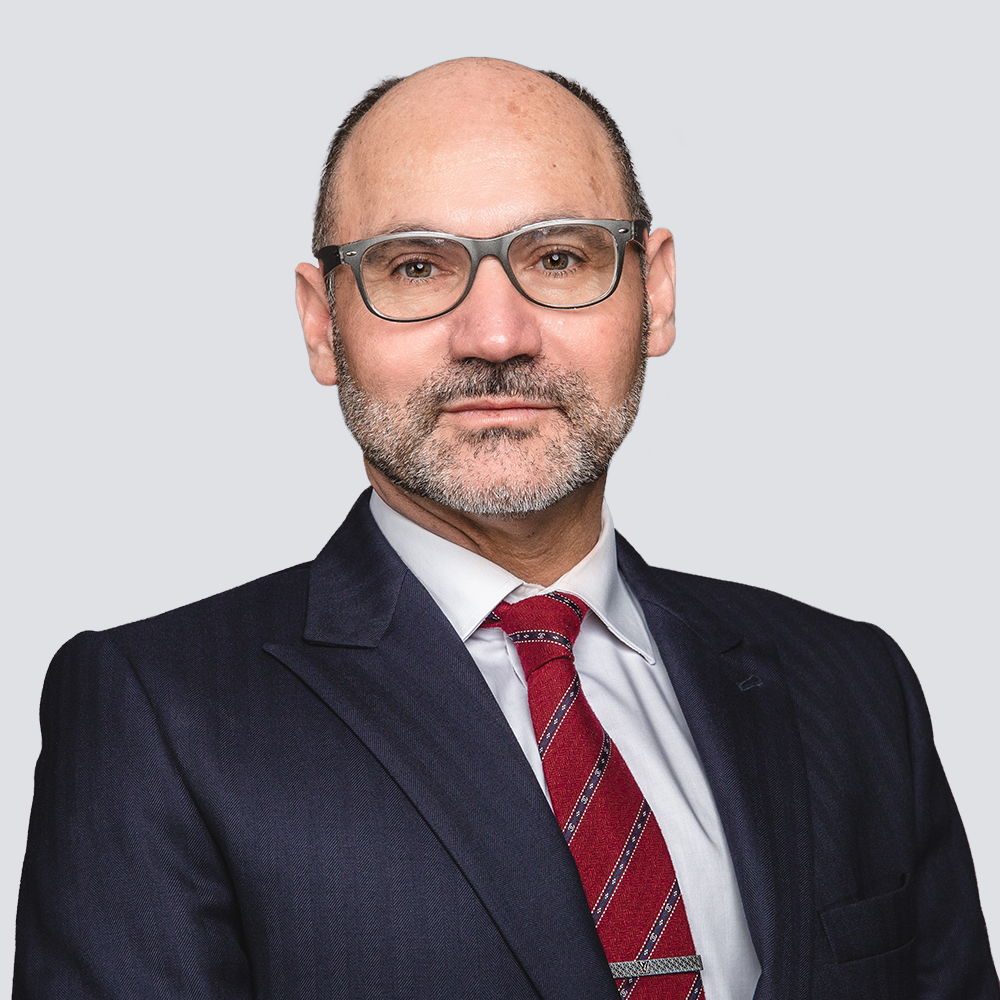Who Can Make a Medical Malpractice Claim?
If you have suffered an injury, loss or damage as a result of the negligent medical treatment provided by a doctor, dentist, hospital or other medical professional, then you may be entitled to a claim for damages.
A poor outcome resulting from your treatment does not in itself establish an entitlement to claim. What needs to be proven is that your treatment was provided in a negligent manner and that the treatment provider breached their duty of care to you by not providing you with the correct information regarding possible risks and complications.
These types of cases involving a failure to obtain valid consent can be difficult to prosecute. This is because what a practitioner should have discussed with a patient prior to a procedure must be determined from the point of view of peer professional opinion—that is, what other healthcare providers of the same speciality would have warned of. In some instances, obtaining informed consent to perform a certain procedure may not be possible. This usually occurs in circumstances where a patient is under sedation, or the procedure is being performed in an emergency context.
Why Are Brydens Lawyers the Right Representation For You?
If you believe you are the victim of medical negligence because a healthcare practitioner failed to obtain your informed consent, then we can help. Brydens Lawyers are the experts in the prosecution of medical malpractice claims. Our firm has a dedicated team of medical negligence lawyers as well as a panel of medical experts available to give evidence in court against doctors, hospitals or other healthcare practitioners who have been negligent in the treatment of their patients.
Our medical negligence lawyers specialise in reviewing medical records and liaising with medical experts. We also believe it is important for our clients to be kept informed throughout the medical negligence claims process, so we will help to translate and explain complicated legal and medical issues for you. Medical negligence law and personal injury law can be complex, and our team of professionals are here to help you navigate the different processes involved in making a successful medical negligence claim.
Brydens Lawyers has been operating for more than 50 years. In that time, we have always maintained a ‘No Win – No Fee’ policy. This means that if your personal injury or compensation claim is unsuccessful, we will not be paid. If you would like to know about our policy, please visit our no win – no fee page.
What Kind of Medical Negligence Compensation Can You Claim?
If you are a victim of medical malpractice, then there are different types of damages available that Brydens Lawyers may be able to help you claim:
Non-economic loss, which includes damages for pain and suffering.
Past and future medical expenses and out-of-pocket expenses.
Loss of income and any damage done to your ability to earn an income in the future.
Past and future loss of superannuation benefits.
Past and future paid services such as home cleaning or nursing assistance.
The value of services provided to you by family and friends without charge.
Past and future medical aids and equipment such as wheelchairs.
Home modifications such as those required to make a home wheelchair accessible.
Vehicle modifications.
Additional costs incurred in connection with continuing disabilities, for example, additional cost of holidays due to special needs.
A contribution towards your legal costs and disbursements.
Medical malpractice claims vary and damages are very specific to each individual’s situation. Assessing your claim for damages will be a central part of the service provided to you by our medical negligence team.
When Should You Consult a Medical Negligence Lawyer About Making a Claim?
If you have suffered from any form of medical negligence, then you need to engage proper legal advice and representation as soon as possible. This is because there are strict time limits around lodging a medical negligence claim, so you must consult a legal representative early. This is true even if your treatment is ongoing.

